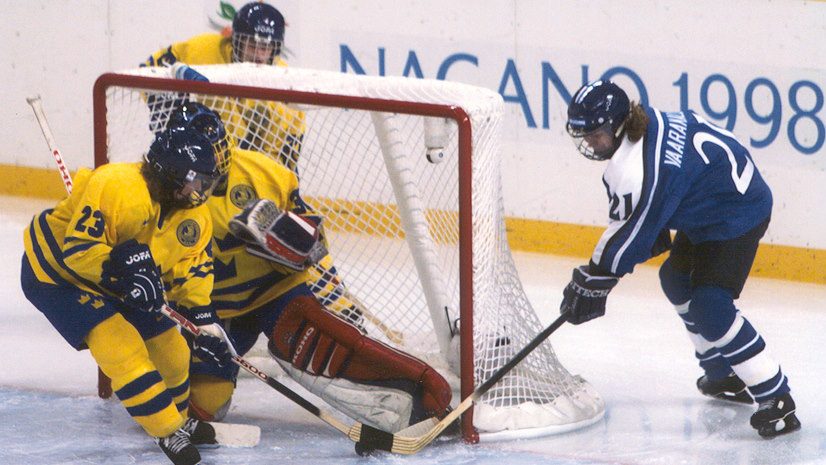The greater the number of teams and tournaments means greater representation and greater visibility, which, in turn, means greater success in recruiting and retaining ever greater numbers of players. But as important as these factors, the extraordinary improvement in skill is what has kept women’s hockey going. At a 2010 Hockey Summit organized in Toronto as a look back at the Vancouver Olympics, Hayley Wickenheiser explained how the game had grown simply by showing video highlights of each tournament from 1990 to 2010. It was mind blowing how the players had developed their skating and shooting skills, how goalies had become positionally stronger, how tactics had created a more polished game. In 2010, the players from 1990 looked, well, not that good in comparison.
If Wickenheiser were to do the same now, we would also see an incredible difference between 2010 and 2022 – and not just with players on the North American teams but throughout the top teams in Europe and beyond – Finland, Switzerland, Sweden, Czechia, Japan, and more.
In the 1997/98 IIHF season, the only women’s hockey was at the Olympics. That meant 120 players in total played an IIHF women’s game that season. A year later, there were 16 teams (eight in A Pool, eight in a newly-created B Pool). In the current 2022/23 IIHF season, there will be a total of 73 teams playing across the senior and U18 Women’s Worlds, a total of 1,460 roster spots for women. From 120 to 1,460 – that is incredible. Including the lower divisions, the IIHF now ranked 44 countries as part of the IIHF Women’s World Championship program.
Of course, naysayers will point to the continued dominance of the North Americans. This cannot be entirely refuted, but the counter to that is to look at several meaningful results in the last few years. Finland beat Canada at the 2019…
Click Here to Read the Full Original Article at Rss News…

